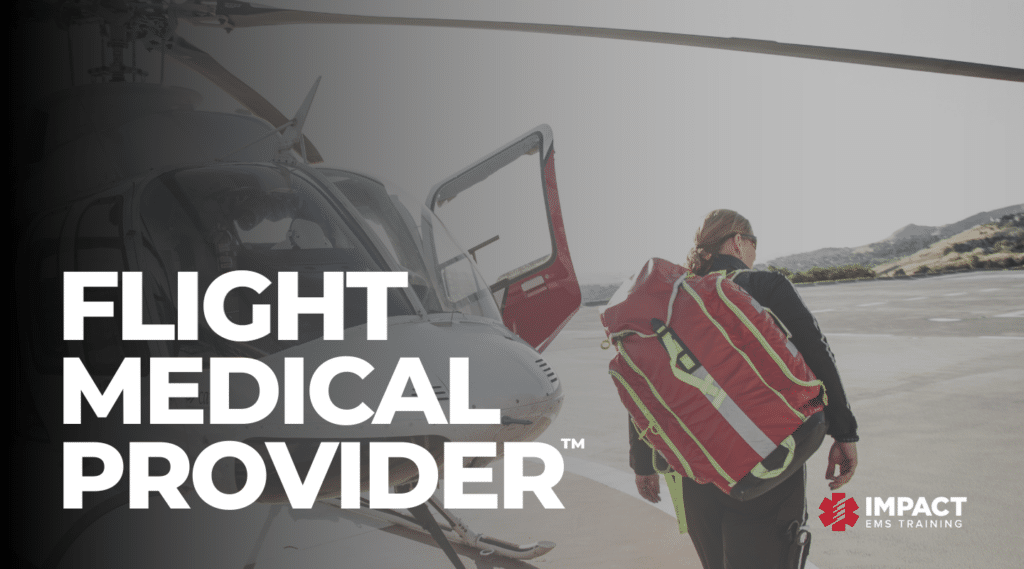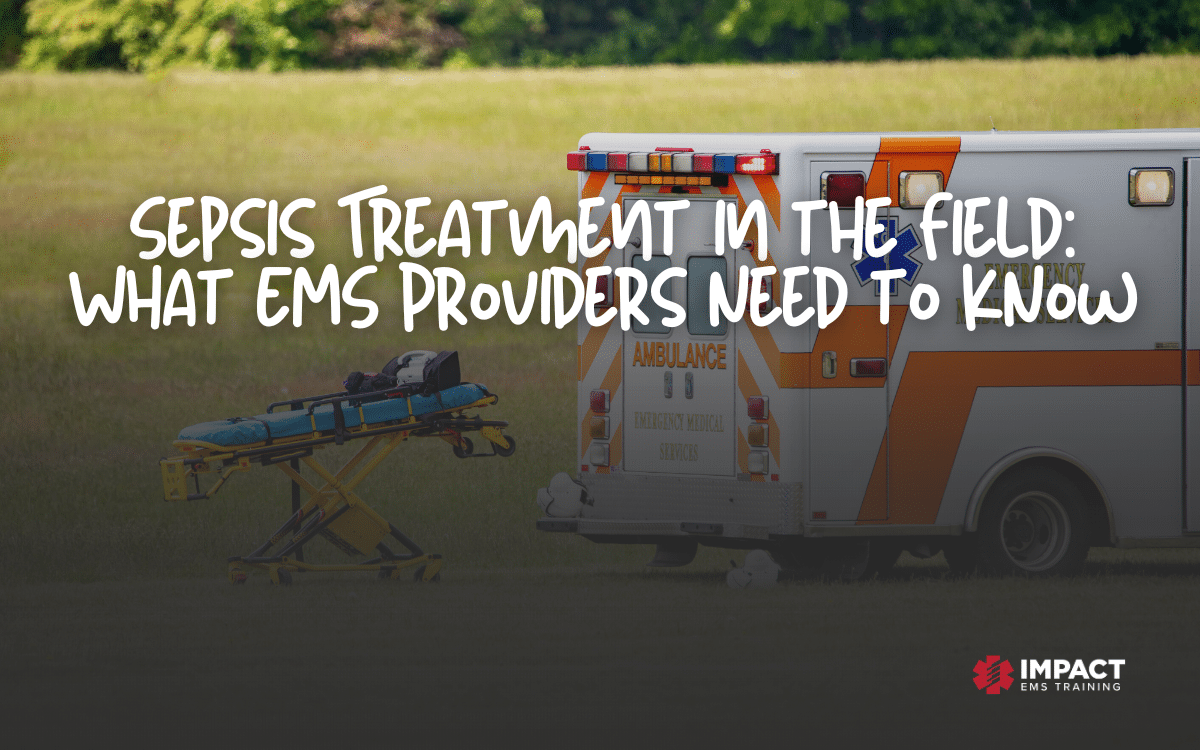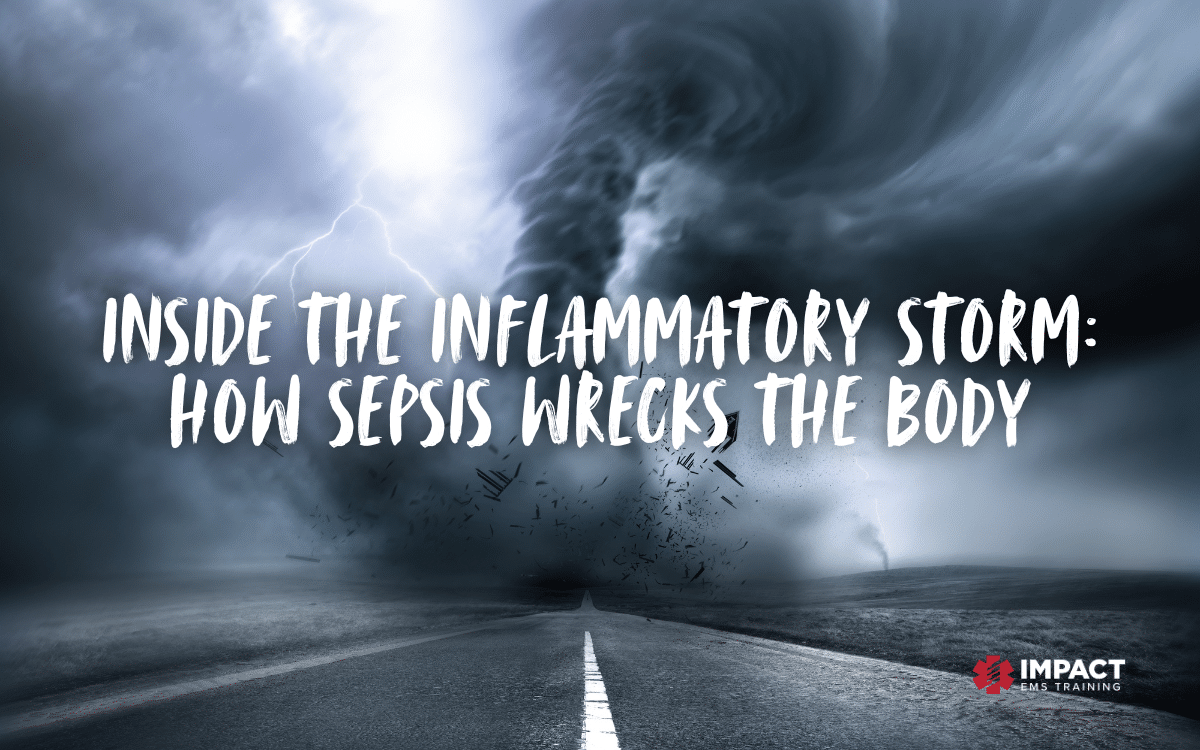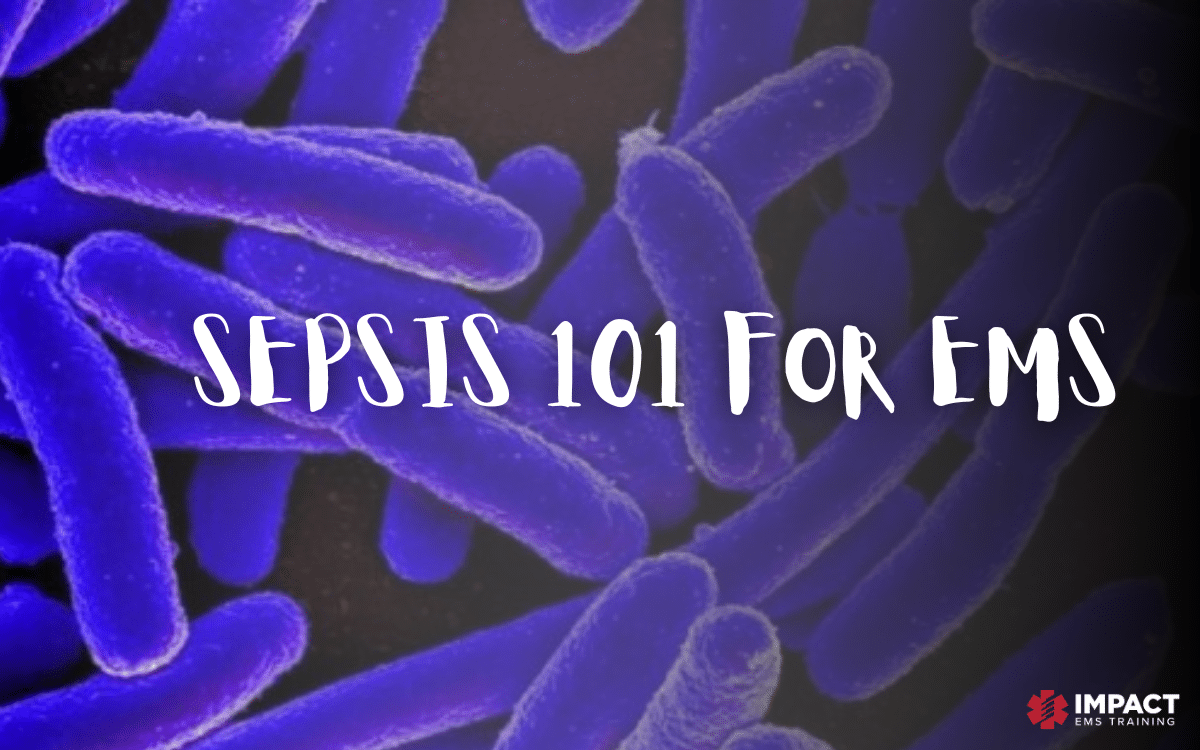It’s no secret that the EMS community isn’t the healthiest bunch of folks on the planet. We work truckloads of long hours. We eat on the run and sometimes our only options are gas station hot dogs and a granola bar from the local ED’s EMS room.
Our job requires us to go 24+ hours without sleep and to remain cognitively sharp regardless of how long it has been since we last slept, ate, or saw our families.
Most of us have a sordid history of relationships and many among us are social disasters.
Unfortunately, our wrecked ways of life are fodder for memes and jokes, and we aren’t taking our problems seriously. Let’s take a moment here and do some introspection.
A 2015 article in JEMS reported that out of more than 4,000 EMS providers studied, 37% had contemplated suicide (that’s TEN TIMES the national average).
A 2016 study conducted by the Oklahoma Department of Health surveyed over 1,500 EMTs and paramedics and the data demonstrated that 67% were smokers, 69% had BMIs that placed them in the overweight or obese categories, 30% had been diagnosed with hypertension, and 23% gave responses on the survey that placed them in moderate to severe risk for PTSD.
A small study by the American Journal of Orthopsychiatry found that out of 86 paramedics surveyed, 12% regularly abused alcohol after experiencing a critical event on shift.
Anecdotally, a rough survey of my peers shows that the vast majority of EMS workers balance at least two jobs, working 80-100 hours per week.
Ask any ER nurse or medic and they can tell you exactly how much sleep they’ve had in the last five days (it’s usually “I’ve slept 6 hours and 37 minutes since last Thursday!”). Take a look around your base; how many of your peers have intact marriages? Not many, am I right?
Y’all. THIS. IS. NOT. OKAY.
We have amazing careers; we get to deliver babies (sometimes in the bathroom at Burger King) and be the voice of calm when a mother is panicking over her sick child. We have the honor of being the last voice a patient hears before they cross from this life to the next.
It’s our face the patient remembers as the guy that helped him when he was pulled from that horrible MVC. But these are heavy burdens to carry and for some of us, it becomes too much to bear alone. The EMS culture is such that we don’t create open environments that are safe to discuss the ghosts that haunt us.
The response we get is “Suck it up, buttercup. You signed up for this!”
So we engage in unhealthy coping mechanisms of binge drinking, destruction of relationships, and bottling of emotions. In several of the surveys I read preparing this article, it was a common theme that EMS providers responded with “If I speak up, I’ll lose my job,” and “They will pull me from the truck if I tell them I’m struggling.”
Are you smelling what I’m stepping in? It’s not good.
What can we do about it? First, let’s start with the physiologic needs that our bodies require to function properly. We cannot expect our minds to be healthy if our bodies are all F’ed up.
FOOD
Spend the time and money to prepare healthy foods before your shift and if that’s something you don’t know how to do, ask for help! Check with your supervisor and see if you have access to EAP services with a dietician on staff. Find healthy foods that you actually enjoy eating (ain’t nobody like kale, y’all, so throw it out!).
Start shopping the perimeter of the grocery store where it’s mostly healthier foods and avoid the center aisles that contain processed boxed foods. Make it a goal to drink more water than anything else.
Coffee, Monster, and Mountain Dew might have water IN THEM, but that does not count for adequate fluid intake.
SLEEP
Make sleep a priority and establish proper sleep habits by placing your phone out of your reach when in bed. Communicate to your partner/kids/roommates your need for sleep and make necessary changes to your home environment that facilitate you getting healthy sleep.
Hang blackout curtains, get a babysitter to keep the kids out of the house after your night shift, get a noisy fan to drown out the neighbor cutting his grass at 0830 (Why the heck is he always leaf blowing?!).
EXERCISE
Set a steps goal on your smartwatch and walk laps around the firehouse between calls while you’re on shift. Start small by incorporating 100 air squats, 100 situps, and 100 push-ups into your day. Join a CrossFit gym (many of them offer first responder discounts!).
KICK THE BAD HABITS
It’s easier said than done, but for your long-term health tobacco use, alcohol and drug abuse must become a thing of your past. Besides, you are way too pretty to smoke! There are apps, medications, and organizations with resources to help you overcome addiction.
MENTAL HEALTH
Next, we need to work on what’s in our heads.
If you have calls that haunt you or memories that keep you up at night, reach out for help. It won’t be easy, but I think many of us would be surprised at the response we get. If you’re a leader in your department, do what you can to make changes to any unhealthy cultures your agency might exhibit.
Validate someone when they voice a concern and give them time to verbalize their traumatic experiences. This isn’t always easy; there is always one drama queen in the bunch that is stirring up the pot, but that’s not what I’m talking about here.
Allow the quiet medic who seems a bit angry today time to offload what’s bugging him.
Check on the crew that just ran the pediatric code.
Let the dispatcher who lost her mom a few months ago know that you still care.
Maybe when that ER nurse jokes “What a crappy shift, I’m gonna go home and take a fistful of Benadryl,” you stop and ask if you can process with her what she’s experiencing.
Recognize that sometimes what people pass off as a joke is a covert red flag that they aren’t okay.
Let’s start right now doing what we can in our small circle of influence to change the landscape of EMS. It’s a big job that will take hard work from all of us, but this field is amazing, don’t you think it’s people deserve better than this?
If you or someone you know is having thoughts of self-harm, visit www.codegreencampaign.org
Resources
- https://www.ok.gov/health2/documents/EMS%20HealthandWellnessSurvey%202016.pdf
- Exposure to Human Tragedy, Empathy, and Trauma in Ambulance Paramedics Cheryl Regehr, PhD Gerald Goldberg, PhD, CPsych University of Toronto Toronto Emergency Medical Services, York University, and University of Toronto Judy Hughes, MSW University of Toronto
- http://www.naemt.org/docs/default-source/ems-health-and-safety-documents/mental-health-grid/2016-naemt-mental-health-report-8-14-16.pdf
- https://www.jems.com/special-topics/survey-reveals-alarming-rates-of-ems-provider-stress-and-thoughts-of-suicide/
Impact EMS offers accredited certification and refresher courses in one trusted location. Fully prepare for certification exams and maintain licensure with skill building credits.





